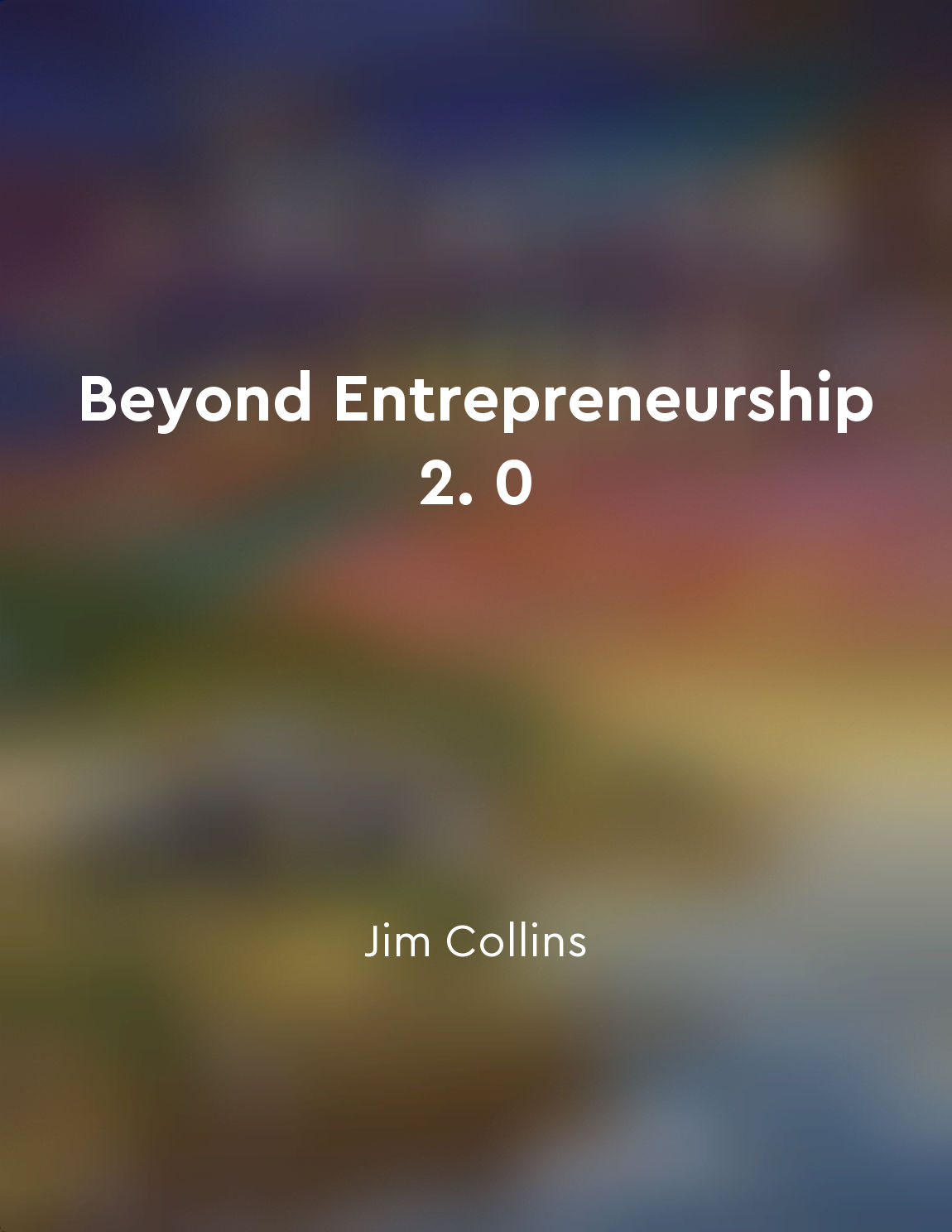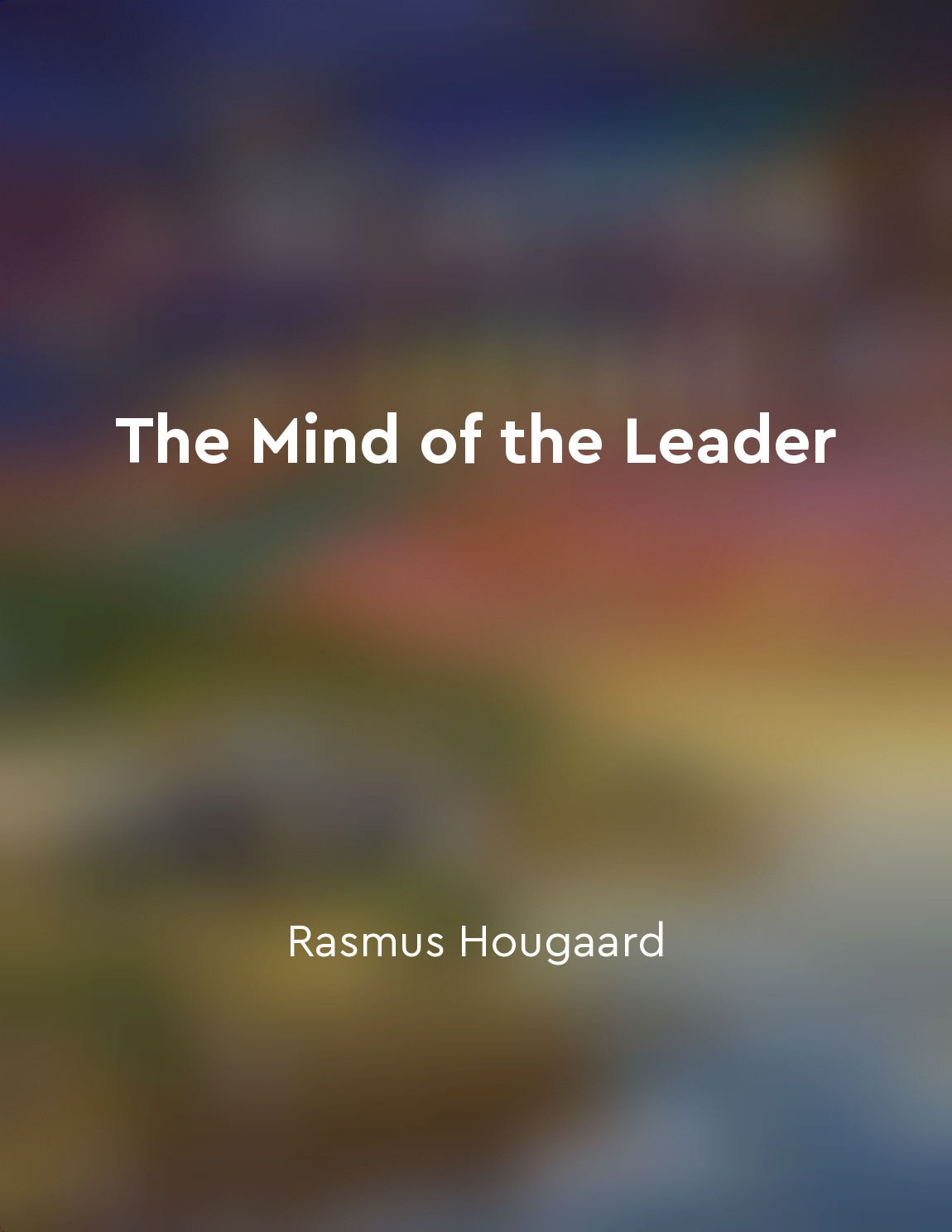Empower employees to take ownership of sustainability initiatives from "summary" of Accelerating Sustainability Using the 80/20 Rule by Gareth Kane
To truly embed sustainability within an organization, it is essential to empower employees to take ownership of sustainability initiatives. This means giving them the autonomy and responsibility to drive change from within, rather than relying solely on top-down directives. By empowering employees in this way, organizations can tap into the wealth of knowledge, skills, and creativity that exists at all levels of the company. When employees feel a sense of ownership over sustainability initiatives, they are more likely to be engaged and motivated to make a real difference. This sense of ownership can also lead to increased innovation and problem-solving, as employees are encouraged to think critically about how they can contribute to the organization's sustainability goals. In this way, empowering employees can help to create a culture of sustainability that is ingrained in the fabric of the organization. One way to empower employees is to provide them with the tools, training...Similar Posts

The power of delivering happiness
Delivering happiness is more than just a simple act of making someone feel good. It goes beyond the fleeting moment of joy and ...
Businesses must focus on creating shared value for all stakeholders
In a world where traditional business models are no longer enough, the concept of creating shared value for all stakeholders ha...
Adapt to change and embrace challenges as opportunities
Adapting to change and welcoming challenges as opportunities is a vital mindset for leaders who aspire to be 100X leaders. Chan...

A BHAG can inspire and guide longterm growth
A Big Hairy Audacious Goal (BHAG) is a powerful concept that can serve as a driving force for long-term growth within a company...
Innovation is about creating new paradigms, not just improving existing ones
Creating new paradigms is the essence of true innovation. It goes beyond simply improving what already exists; it involves envi...
Increasing awareness of environmental issues
The concept of increasing awareness of environmental issues is essential for fostering positive change in society. By educating...
The importance of digital literacy will grow
In the coming years, the significance of digital literacy is poised to increase exponentially. As technology continues to advan...

Leading with integrity and ethical decisionmaking
Leading with integrity and ethical decision-making is a fundamental aspect of effective leadership. It involves consistently de...
Take calculated risks and trust your instincts
Taking calculated risks and trusting your instincts is a fundamental principle that I've learned to live by. It's about being w...
Recognize the value of incremental progress
In our relentless pursuit of innovation, it's easy to become fixated on the grand vision, the ultimate destination. However, wh...
